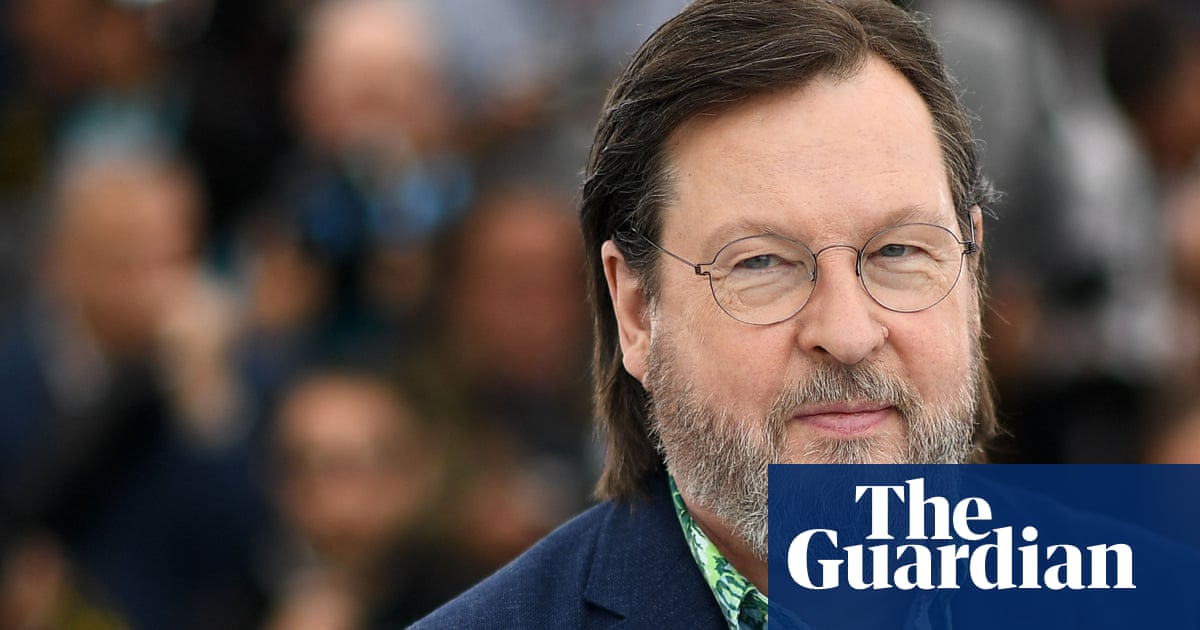Far-right Freedom Party (FPÖ) leader Herbert Kickl on Wednesday said talks with the conservative People’s Party (ÖVP) had failed after a meeting with Austrian President Alexander Van der Bellen in Vienna.
The parties had argued primarily about the distribution of government portfolios, with each side keen to take over the interior and finance ministries.
What we know so far
The FPÖ emerged from the parliamentary elections in September as the strongest force.
No one had initially wanted to form a coalition with it, so the second-placed ÖVP was given the mandate to form a government.
However, the three-way coalition talks that followed, between the conservatives, the Social Democrats (SPÖ) and the centrist, liberal NEOS, failed.
Van der Bellen then commissioned FPÖ leader Kickl to try to form a government in the now-failed negotiations with the ÖVP.
A statement from the ÖVP said it wanted to have the Interior Ministry, with asylum and migration issues moved into a separate new ministry.
It said the talks “failed due to Herbert Kickl’s thirst for power and uncompromising attitude.”
The FPÖ responded by rejecting the ÖVP’s proposal as “fraught with numerous constitutional problems” and “doomed to failure.”
The two parties appear hopelessly at odds over numerous areas, including EU policy and the treatment of asylum seekers.
The conservatives want the far right, which has slammed EU sanctions on Russia over its invasion of Ukraine, to clarify its position on Moscow.
The ÖVP insists that any future government must see Russia “as a threat,” according to a confidential document revealed by the media.
What might happen now?
One likely possibility is President Van der Bellen instructing the ÖVP to lead new coalition talks aimed at forming a centrist government. Both the SPÖ and the NEOs have said they would back another attempt.
A coalition of the ÖVP and SPÖ would have a majority of just one seat, which is widely seen as impractical because it would mean that a single lawmaker’s absence could jeopardize the government’s agenda. That was the reason for NEOS’ inclusion in the talks.
Alternatively, there could be new elections. Then, according to polling, the FPÖ could extend its lead over the other parties.
In September’s election, it garnered nearly 29% of the vote, ahead of the ÖVP on 26.3%.
Only the left-wing Greens have not been involved in coalition talks since the election. The ÖVP was the FPÖ’s only potential coalition partner.
The FPÖ was founded in the 1950s and was initially headed up by former SS officers. Over the decades, the party has established itself as a key political force in Austria.
Edited by: Wesley Dockery
Article by:Source:











